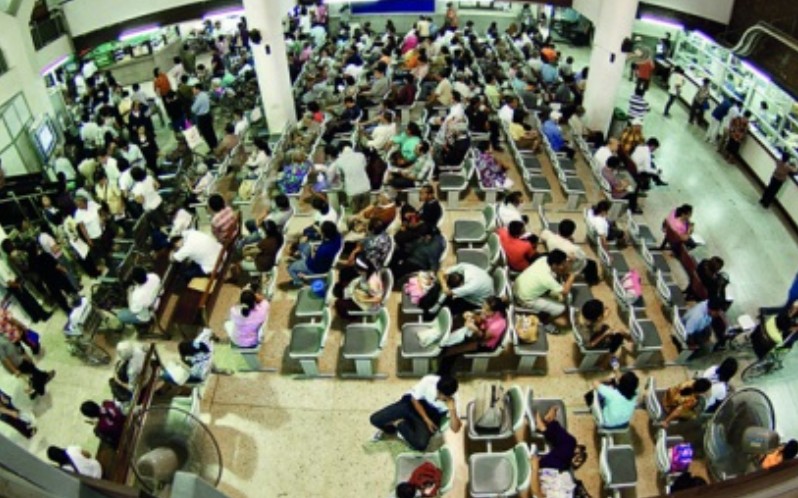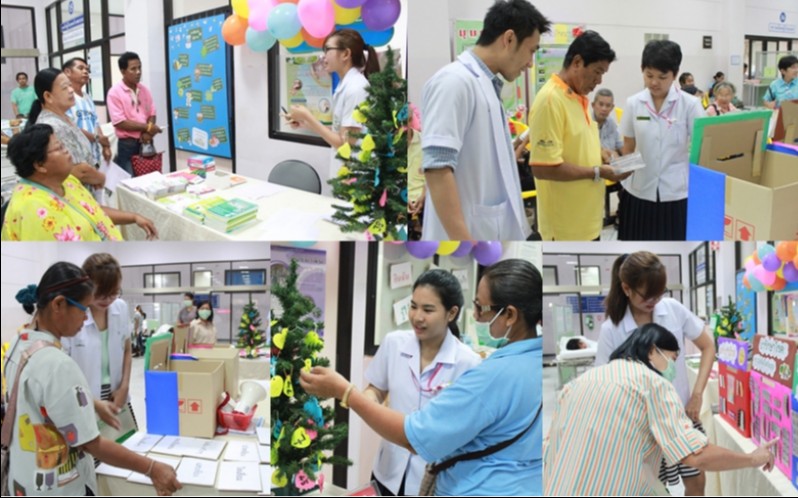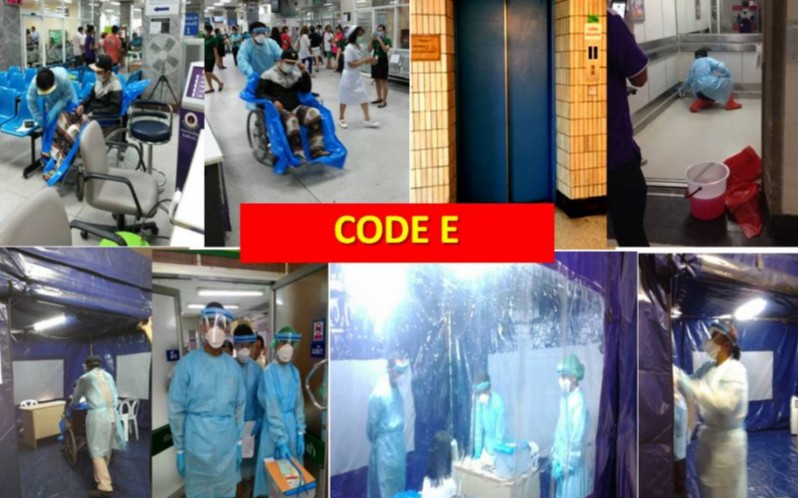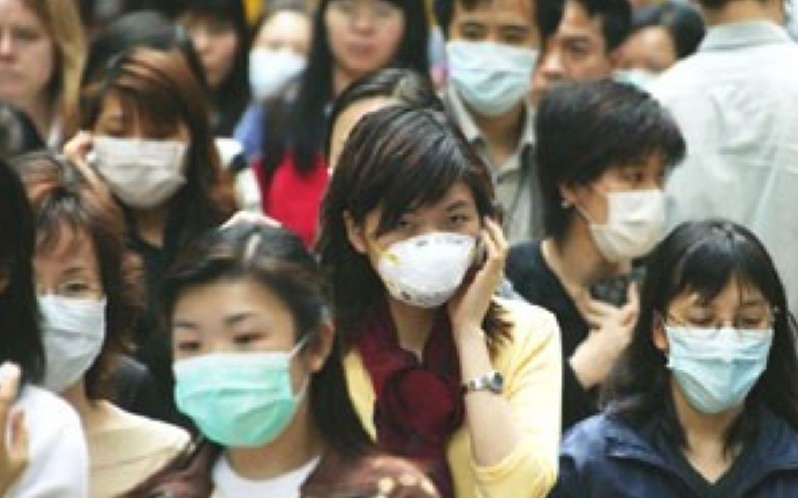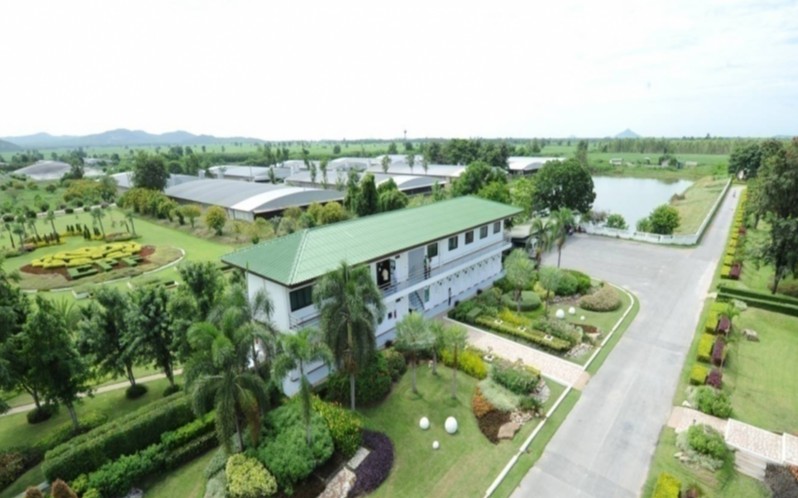Site NO.6 : Commitments to Responsible Antimicrobial Use in Farms through Demands of Consumers of Farm Products
LOCATION : A conventional pig farm in Ratchaburi province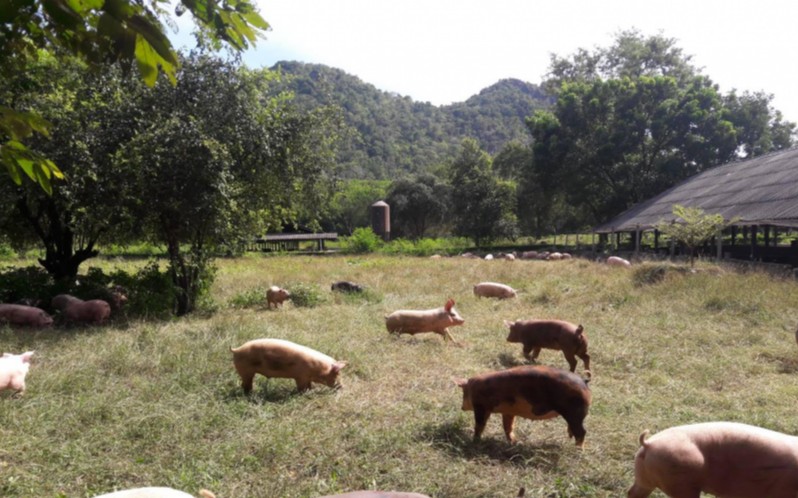
The appropriate use of antimicrobials in both human and veterinary medicine is one of the most important interventions to tackling AMR—a global threat. The excessive use of antibiotics in animal husbandry could result in selective pressure for the emergence of AMR pathogens while the unsafe handling may contaminate the food supply chain of animal products with resistant bacteria, causing difficult-to-treat infections in consumers.
Consequently, all relevant stakeholders try to limit the usage of antimicrobials in the animal food chain. Nowadays, there are increasing demands by consumers, not only for quality and taste but food safety from antibiotic residues and resistant pathogens.
Regulators such as the Department of Livestock Development (DLD) have introduced policies to contain irrational use of antibiotics in animals. For example, the use of antibiotics as growth promoters in Thailand was banned in poultry since 2006 and was completely banned in all animal species in 2015. DLD implements the certified standard farms which are supervised by veterinarians and establishes drafted regulation to control medicated feed in particular restrictions on the use of certain reserved antibiotic classes in animal feed such as Colistin. As a member of OIE, Thailand DLD has developed and implemented guidelines for the prudent use of antimicrobials in veterinary medicine, as well as standards for controlling drug uses in food-producing animals. The Guideline No. 9032 entitled "Code of Practice for Control of the Use of Veterinary Drugs" was endorsed by the Ministry of Agriculture and Cooperatives in 2009. This guideline also complies with the Codex CAC/REP 38-1993.
On the role of the private sector, several interventions are applied; for example the promotion of the biosecurity standards with prudent antimicrobial use. These are the example of farms which the PMAC participants may visit in January 2018.
This site visit is a conventional pig farm in Ratchaburi province which has applied Thai herbs such as Kariyat and Tumeric which are incorporated into feed in the ratio at 0.5 kg of herbs per 1000 kg of feed to support animal health to reduce the use of antibiotics. In addition, autogenous vaccine trail in this farm is a joint research project between the Faculty of Veterinary Medicine, Chulalongkorn University and DLD. The study has proved that autogenous vaccine can reduce the amount of antimicrobial usage and duration of treatment in pigs raised in this farm.


